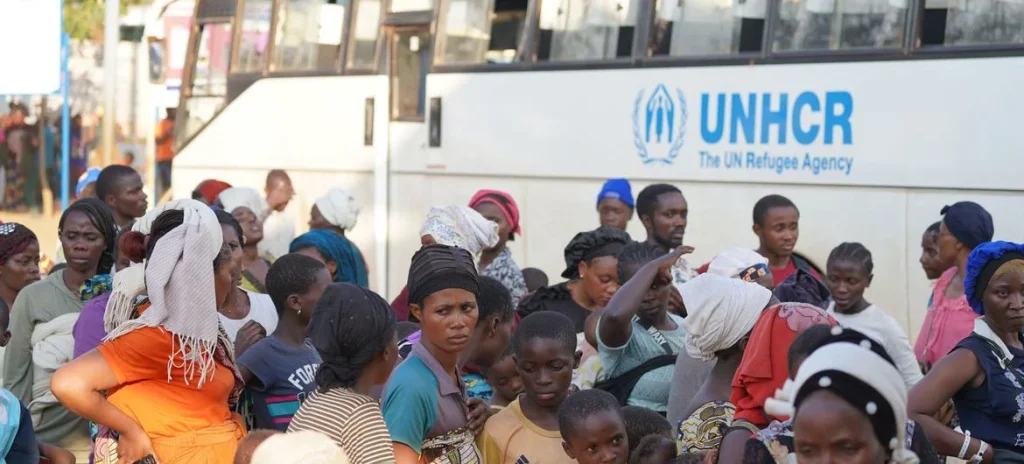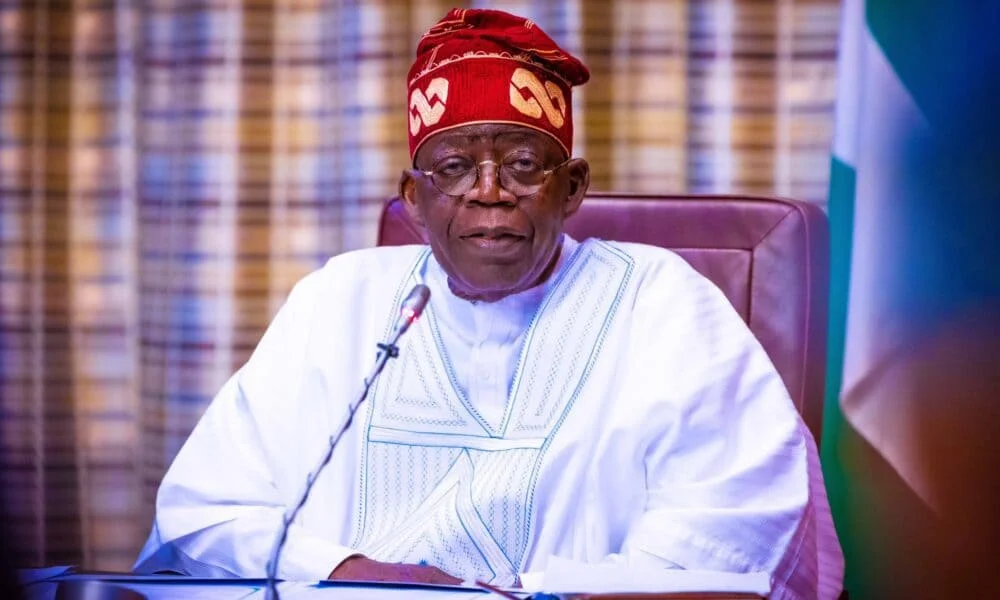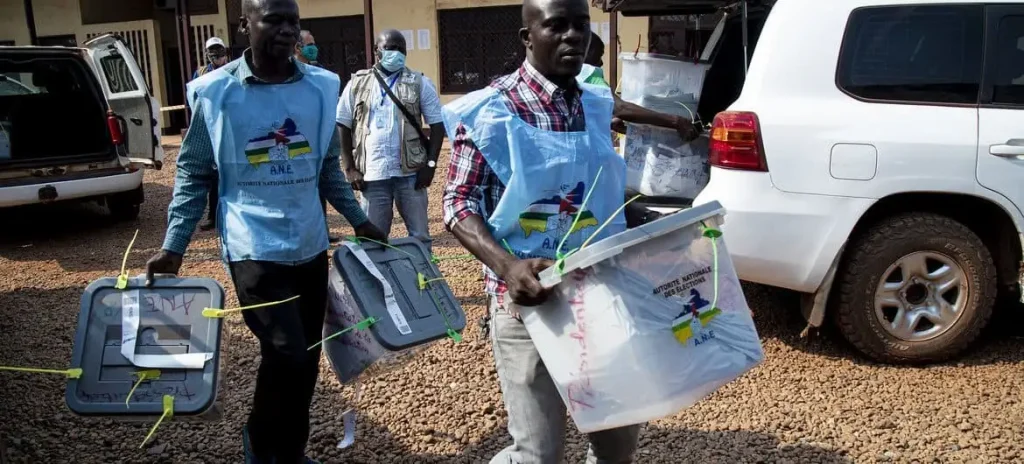Uganda temporarily reopened its border in June 2020 to allow approximately 10,000 refugees from the Democratic Republic of Congo (DRC) to seek asylum, reversing a March closure aimed at curbing Covid-19 spread.
The decision, ordered by President Yoweri Museveni, responds to deadly ethnic clashes in DRC’s Ituri province that displaced thousands since late May, leaving them stranded in no-man’s land.
Humanitarian Response and Covid-19 Precautions
The refugees, fleeing violence that killed dozens, are being processed with strict health measures.
Gerald Menya, commissioner for refugees at the Ugandan Prime Minister’s Office, told The Guardian that arrivals would be tested for Covid-19 and quarantined for 14 days before relocation to existing settlements like Nakivale, which hosts over 130,000 refugees.
The UN High Commissioner for Refugees (UNHCR) is collaborating with Ugandan authorities to establish a quarantine facility and testing center near the border.
Duniya Aslam Khan of UNHCR Uganda noted that 49 refugees had tested positive for Covid-19 out of 797 national cases, with 304 in quarantine across 18 settlements and five recoveries.
Strain on Uganda’s Refugee System
Uganda, hosting over 1.4 million refugees—primarily from South Sudan, DRC, and Burundi—is Africa’s largest refugee-hosting nation.
The influx exacerbates pressure on already strained resources, worsened by a 30% cut in World Food Programme (WFP) food rations in April 2020 due to funding shortfalls.
Khan emphasized that Covid-19 has added financial challenges, with inadequate funding for basic needs like food, water, and shelter.
“International support is urgently needed to help Uganda step up services for both refugees and local communities,” she said.
Regional Context and Advocacy
The border reopening follows months of violence in eastern DRC, where conflicts involving groups like the Allied Democratic Forces have displaced over 1.6 million people internally and driven 60,000 to Uganda in 2022 alone.
A coalition of 39 international and refugee-led organizations urged African nations, including Burundi, Ethiopia, Rwanda, and Somalia, to reopen borders for asylum seekers, arguing that safety outweighs pandemic risks.
Dismas Nkunda of Atrocities Watch Africa praised Uganda’s move, stating, “Seeking asylum is the most important thing for someone fearing for their lives.”
Recent Developments
While the 2020 reopening addressed immediate humanitarian needs, Uganda faced similar challenges in 2025, with 41,700 DRC refugees arriving since January due to M23 rebel advances in North Kivu.
On July 10, 2025, Uganda reopened key border posts, including Bunagana and Ishasha, closed since January after M23 captured Goma.
President Museveni’s directive, supported by a US-brokered DRC-Rwanda peace deal, aims to restore trade and movement, though the region remains volatile.
Ongoing Challenges
Uganda’s progressive refugee policy, under the 2006 Refugee Act, grants asylum seekers access to health, education, work, and land.
However, funding cuts, including a 2025 US State Department decision to terminate contracts, led to 250 health worker layoffs and reduced services, straining settlements like Nyakabande.
With over 1.7 million refugees in 2024, Uganda’s capacity is stretched, risking a hunger crisis as WFP struggles to meet demand.






